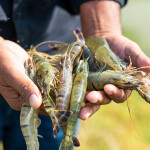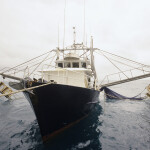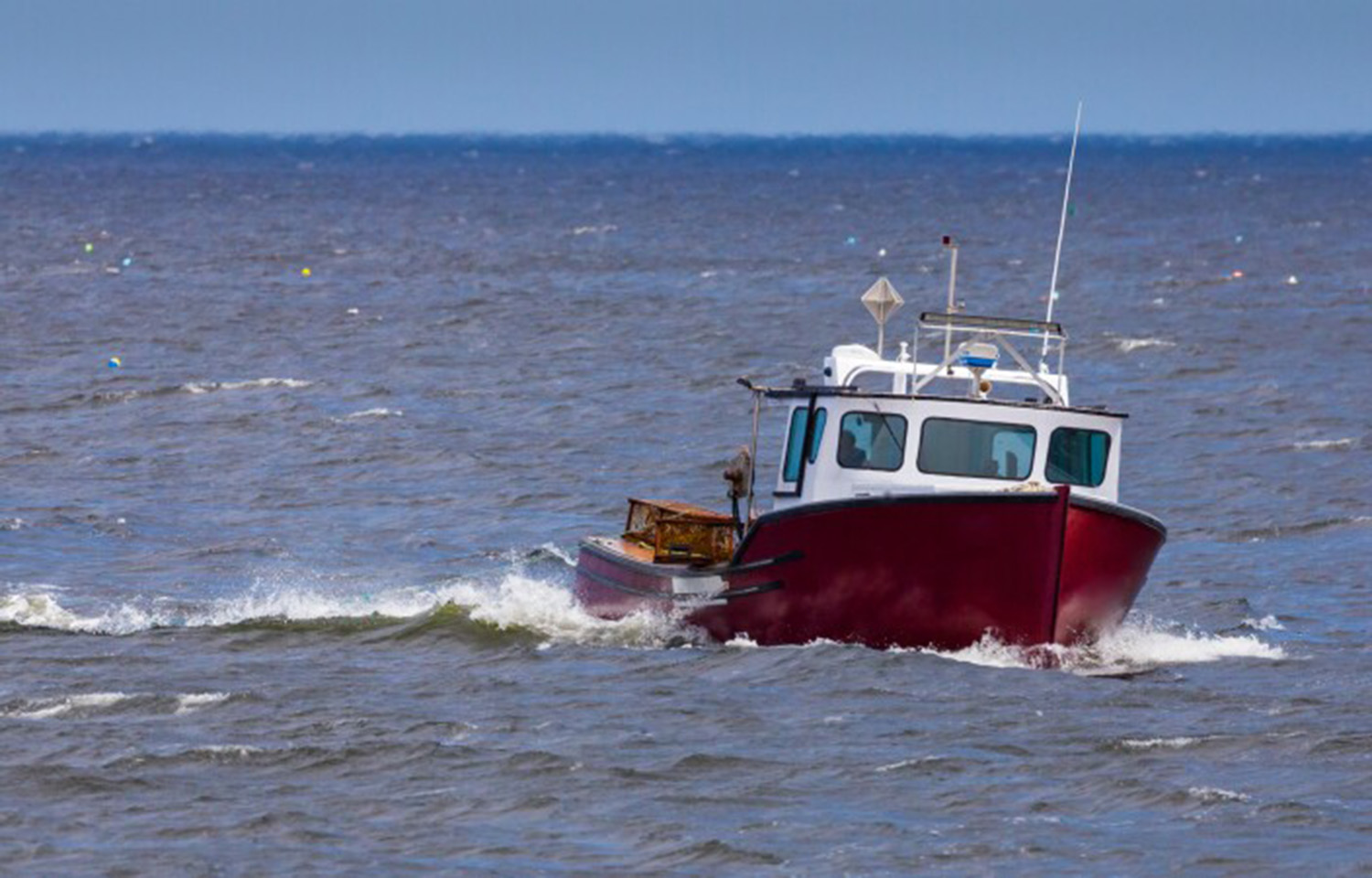The Unified Fisheries Conservation Alliance (UFCA) is suing to have the First Nations summer and fall lobster fishery in St. Marys Bay, Nova Scotia, declared unlawful.
UFCA filed a lawsuit in Nova Scotia Supreme Court against Sipenkne’katik First Nation and Canada Attorney General Arif Virani, arguing no treaty right exists for the fishery.
“We call upon the federal minister of fisheries to declare the current out-of-season lobster fishery in St. Mary’s Bay illegal and put an end to it,” UFCA said in a 31 August Facebook post. “All stakeholders in the fishery need clear guidance so that everyone understands what rules apply.”
In 1999, the Supreme Court of Canada ruled in the Marshall case, which involved the catch of adult eels, that the Mi’kmaq and other Canadian First Nations have a treaty right to fish, hunt, and gather for a “moderate livelihood.” However, the court never defined the term. Instead, it ruled Canada’s federal government could step in to regulate fishing rights, including First Nations' rights, under certain circumstances.
In 2020, Sipekne’katik First Nation Chief Mike Sack initiated a lobster fishery in St. Marys Bay, despite not receiving authorization from Canada’s Department of Fisheries and Oceans (DFO). But, commercial fishermen claimed the fishery was a cloak for a large-scale commercial operation, resulting in mounting tensions between the two groups, leading to a lobster pound being set on fire and several physical confrontations.
In 2021, the First Nations group filed a suit seeking a declaration from the court that the Federal Fisheries Act and regulations infringe on its treaty right to fish for a moderate livelihood. A judge allowed the band and the Attorney General of Canada to enter mediation. The Canadian DFO reached an agreeement in 2021 with First Nations allowing the setting of up to 3,500 lobster traps – at 70 per harvester – in the fall season.
UFCA filed its notice of action on 23 August 2024, arguing that the unregulated fishery launched in 2020 has significantly depleted lobster stocks in the bay. It claims the First Nations fishing has resulted in 30 commercial fishermen abandoning their livelihood and leaving the region, with other commercial fishermen seeing decreased catches and lower incomes.
“We’re seeing the removal of tens of thousands of pounds of lobster from St. Marys Bay,” UFCA President Colin Sproul told CBC.
UFCA has asked the court to declare the First Nations' self-regulated lobster fishery in St. Marys Bay illegal and further demanded regulation under the Federal Fisheries Act. UFCA stated that the Mi’kmaq did not traditionally trade lobster when the Peace and Friendship Treaty of 1760-1761 was signed. It also noted that St. Marys Bay was not part of the traditional Sipekne’katik territory and that financial resources “from government and private endeavors are sufficient to constitute a moderate livelihood without an unregulated summer/fall commercial lobster fishery in St. Mary’s Bay.”
The commercial season for the bay area begins in late November.








